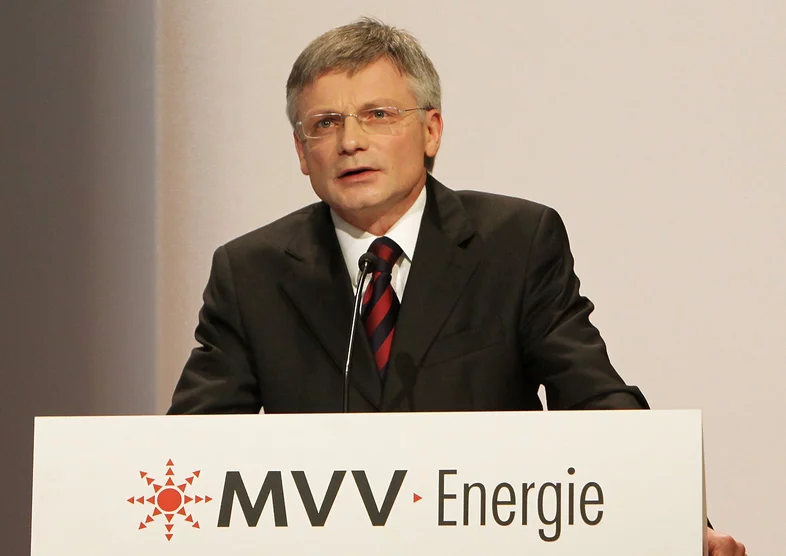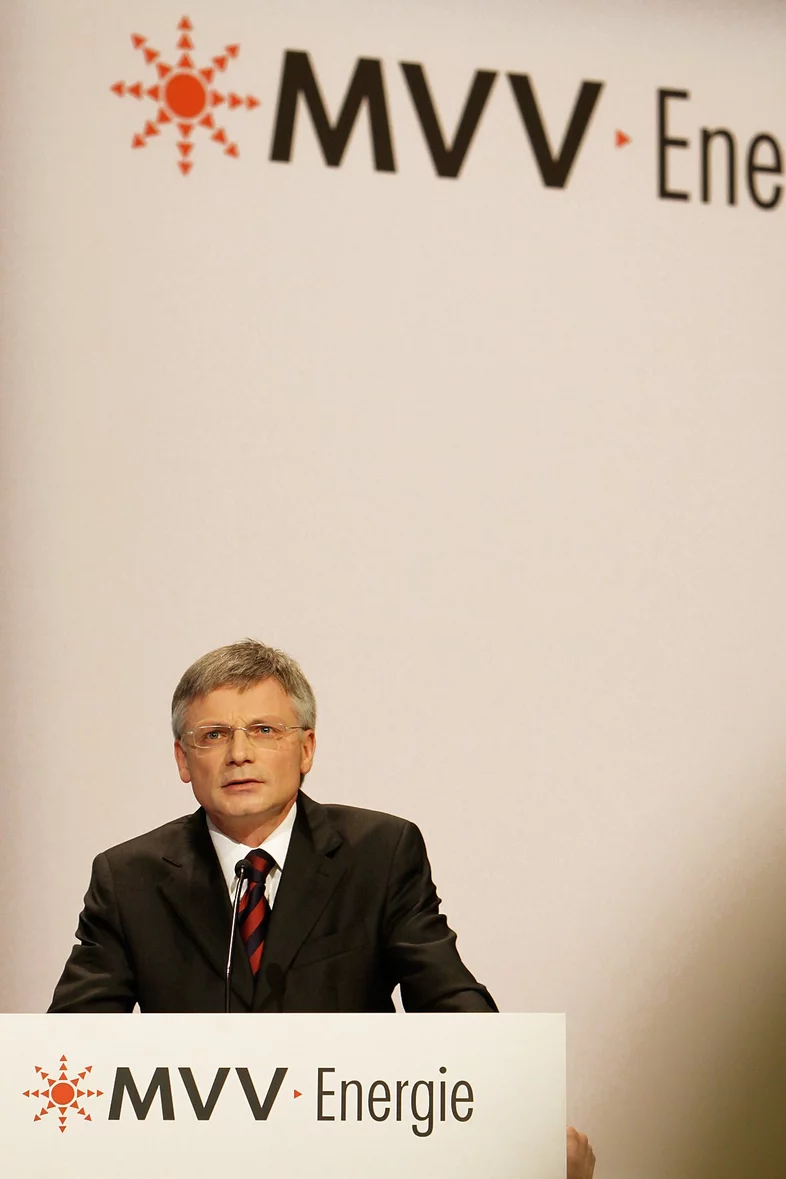Mannheim-based energy company early to rely on renewable energies and energy efficiency - Annual General Meeting of publicly listed utility group looks to future with confidence
Only with a new, convincing energy concept will it be possible to lay a foundation for the necessary reorganisation of the energy supply - and that will require a broad-based consensus of opinion within society. That is the view taken by the Mannheim-based energy company MVV Energie. At this year's Annual General Meeting of the SDAX-listed group, held in the Rosengarten Congress Center in Mannheim on Friday, company CEO Dr. Georg Müller singled out renewable energies, energy efficiency and energy saving as the cornerstones of a common understanding between politicians, the energy industry and the general public. The gradual exit from nuclear energy resolved in 2000 had created a robust platform and a framework for companies to take the necessary entrepreneurial decisions. The extension of operating lifetimes for German nuclear power plants therefore represented a step in the wrong direction.
In the light of current events in Japan, Dr. Müller believes that "everything has now changed, also in terms of energy policy". An energy supply based on the common good, one uniting supply reliability and economic efficiency with environmental and climate protection, would be possible in the longer term even without nuclear energy. A responsible political approach would need the backing of the population - "a policy based on common sense and conviction, rather than one that triggers concerns and instils fear". MVV Energie had acted early to align its group of companies towards renewable energies and energy efficiency and would be consistently upholding this course in future as well.
According to the CEO, the company's results for the past 2009/10 financial year (1. October 2009 - 30. September 2010) were satisfactory. MVV had thus increased its sales by 6 percent from Euro 3.2 billion to Euro 3.4 billion. Adjusted operating earnings (adjusted EBIT) had been maintained unchanged at Euro 239 million. With its balanced business portfolio, innovative products and services and efficiency enhancements, MVV had, according to Dr. Müller, managed "to exploit market opportunities and sustainably improve its position even in a difficult framework".
Against this backdrop, the Supervisory and Executive Boards have proposed an unchanged dividend of 90 cents per share for approval by the Annual General Meeting. The distribution total thus amounts to Euro 59.3 million once again. The dividend yield is also stable at just around 3 percent.
Despite continuing macroeconomic uncertainties, the company has affirmed the outlook already published in January for the current 2010/11 financial year. The company thus intends to match the previous year's figures once again in terms of its sales and adjusted EBIT. Notwithstanding the latest developments, relentlessly volatile markets and the changing political framework, the company remains "confident that we will be one of Germany's leading energy companies in the coming years as well".
MVV Energie intends to raise the share of its proprietary electricity generation attributable to renewable energies from 19 percent currently to 30 percent in 2020, investing in wind power in particular to achieve this. At the same time, the company will in future increasingly be relying on enhanced energy efficiency by expanding its environmentally-friendly cogeneration and district heating activities. "Four fifths of the energy households need is heat", commented Dr. Müller, "while only one fifth is electrical energy. Increasing the efficiency of the heating energy supply thus offers enormous leverage for reducing overall energy consumption". That is why MVV Energie is calling for a "district heating pact" to ensure that the legally anchored goal of doubling the share of electricity generated using cogeneration to 25 percent by 2025 is actually reached. This could be achieved by setting targeted investment incentives and without having to increase the annual subsidy budget. Adds Dr. Müller: "The mere coexistence of renewable and conventional energy generation within cogeneration has to be evolved into an economically expedient interaction where the renewables increasingly take the leading role."



